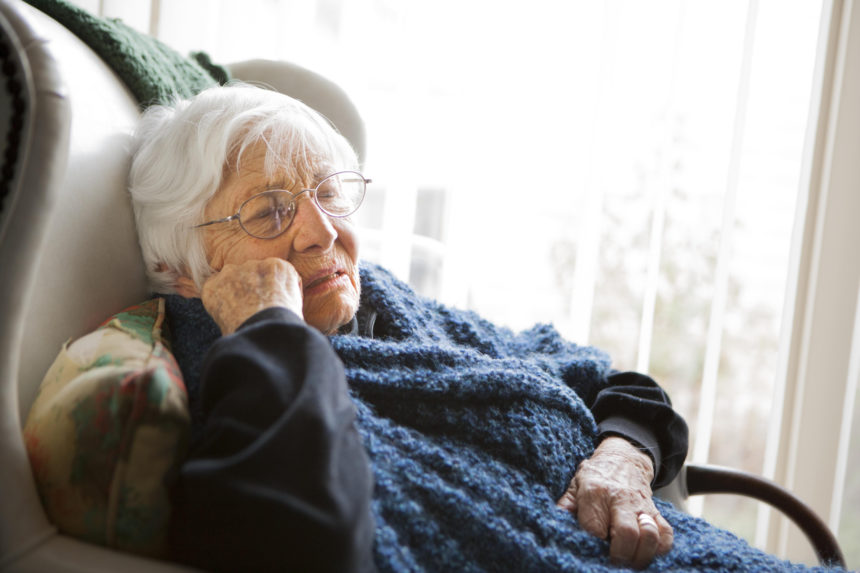
Older adults who sleep excessively during the day are more likely to develop a chronic health condition within three years, according to a new study to be presented at the American Academy of Neurology’s annual meeting in April.
Hypersomnolence is daytime sleepiness that persists even after seven or more hours of night-time sleep. When investigators interviewed 10,000 adults two times over three years, about one quarter of senior participants reported persistent hypersomnolence each time. Fully 40% of these participants said that their symptoms were chronic.
Meanwhile, adults who reported chronic sleepiness in the first interview had more than twice the risk of developing diabetes or high blood pressure three years later than participants who did not experience sleepiness. They were also twice as likely to develop cancer, reported Maurice M. Ohayon, M.D., Ph.D., of Stanford University.
Furthermore, adults who reported daytime sleepiness during both interviews had twice the odds of developing heart disease. And those who reported sleepiness only in the second interview were 50% more likely to also have diseases of the musculoskeletal system and connective tissue, such as arthritis, tendonitis and lupus, than those who did not have daytime sleepiness.
“Paying attention to sleepiness in older adults could help doctors predict and prevent future medical conditions,” said Ohayon. “Older adults and their family members may want to take a closer look at sleeping habits to understand the potential risk for developing a more serious medical condition.”




